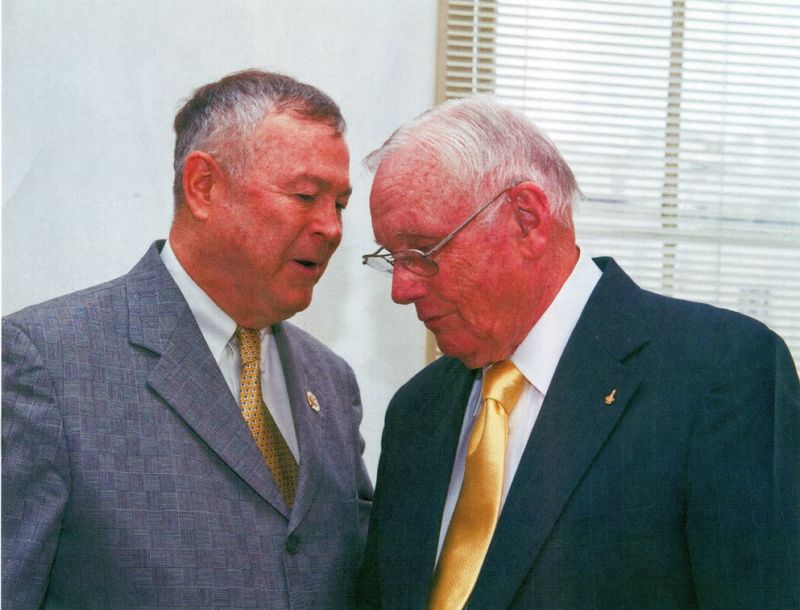
On Thursday, the space subcommittee of the House Science Committee held a hearing to look into NASA's forthcoming big-ticket planetary exploration missions. Those missions include a Mars 2020 rover, a Europa flyby mission, and potentially a follow-up lander to the Jovian moon Europa.
The hearing was respectable, with on-point witnesses and mostly incisive questions. That is, until California Republican Dana Rohrabacher had his turn at the microphone. After asking a reasonable, if rambling, question about NASA's plans for a Mars sample return mission and the kind of fuel used by spacecraft, Rohrabacher got down to business.
He asked, "You have indicated that Mars was totally different thousands of years ago. Is it possible that there was a civilization on Mars thousands of years ago?"
The job of answering this question fell to Kenneth Farley, a project scientist on the Mars 2020 rover mission and a professor of geochemistry at California Institute of Technology. He calmly answered, "So the evidence is that Mars was different billions of years ago. Not thousands of years ago."
"Well, yes," Rohrabacher says. As if duh, of course he knew that.
"And, umm, there would be, there's no evidence that, uhh, I'm aware of," Farley continued, gamely trying to answer the question.
Now Rohrabacher wanted to make things crystal clear: "Would you rule that out? See, there's some people... Well, anyway."
"I would say that is extremely unlikely," Farley responds.
It is not clear what Rohrabacher meant by "some people," but last month InfoWars host and conspiracy theorist Alex Jones entertained the notion that Earth children have been kidnapped and sent to slave camps on Mars. In any case, after his line of questioning, Rohrabacher thanked the scientists for the fine work they're doing.
reader comments
481